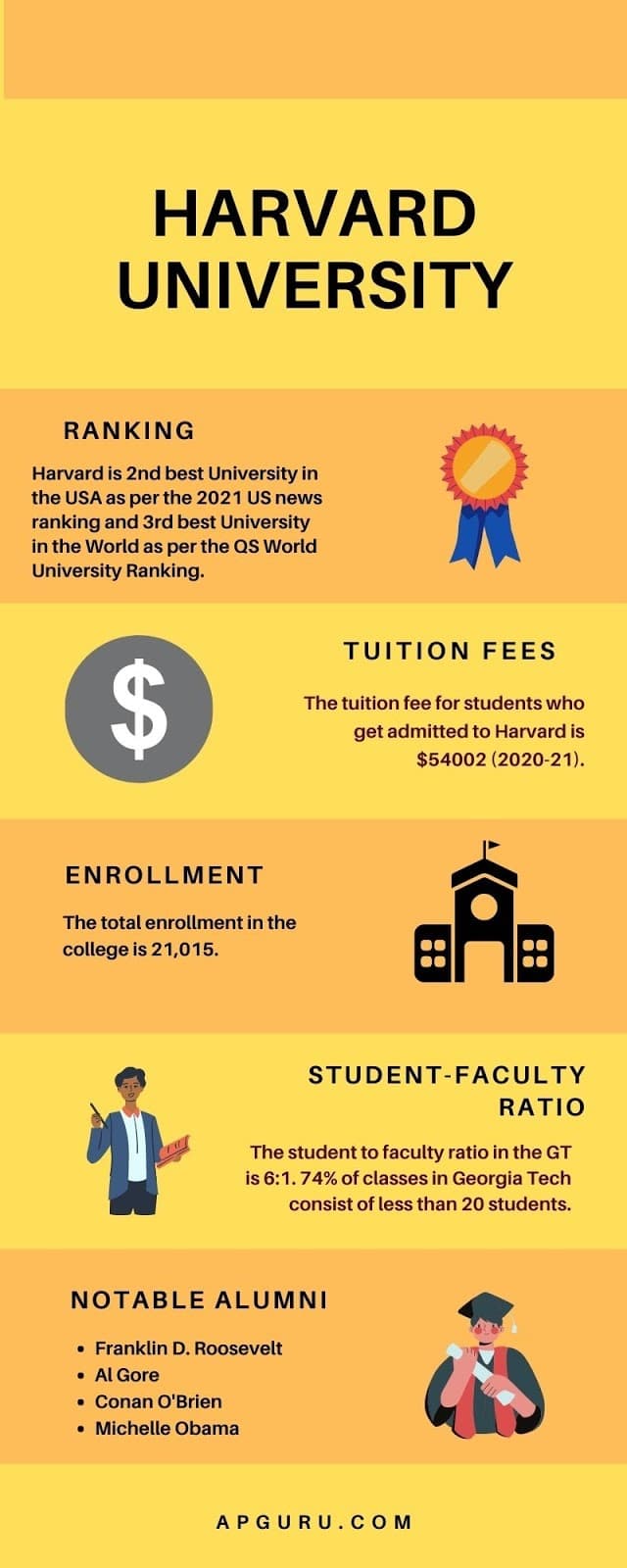Harvard Mandates Alumni Interviewers Omit Race and Ethnicity in Evaluations

Harvard University has instructed its alumni interviewers to cease mentioning applicants' race, ethnicity, or national origin in their evaluations for the current admissions cycle, with reports containing such information facing removal from applicant files. This directive, shared during recent training sessions for interviewers, marks a significant tightening of policies two years after the Supreme Court's landmark ruling against race-conscious admissions.
Associate Director of Admissions Maeve U. Hoffstot ’17 clarified that this change reinforces existing legal compliance. "It’s no change in our compliance with the law as it has existed since 2023 in the Supreme Court’s decision," Hoffstot stated, adding that the measure "will help us continue to prove time and time again...that we are absolutely complying by this law and really not considering race, ethnicity, or national origin."
Assistant Director of Admissions Annie Medina, during an information session, reportedly cautioned attendees against publicizing the update. "We don’t want students to be debriefed on this kind of update and your limitations in writing the report," Medina advised, indicating a desire to manage external communication regarding the policy shift. The new guidelines go further than previous adjustments, which permitted interviewers to note race or ethnicity but not consider it in their evaluations.
The Supreme Court's 2023 decision in Students for Fair Admissions v. Harvard prohibited the use of race as a factor in college admissions, overturning decades of precedent. While the ruling allowed for discussion of how race might have affected an applicant's life experiences, Harvard's updated policy for interviewers appears to restrict even the reporting of such demographic details. This move comes as the Trump administration has sought to broadly interpret the SFFA ruling, scrutinizing university practices for any proxies for race.
Legal experts, such as David B. Oppenheimer, a professor of law at the University of California, Berkeley, suggest that Harvard's new policy may exceed the requirements of the SFFA decision. Oppenheimer noted, "There is no case that holds that a university may not be aware of a student’s race or ethnicity if the student’s race or ethnicity is in some way connected with the students accomplishments or barriers they face and overcome." Data for Harvard's Class of 2029 shows a decline in Black and Hispanic student enrollment since the 2023 ruling, with Black enrollment falling over 6 percentage points and Hispanic enrollment by 5 percentage points.